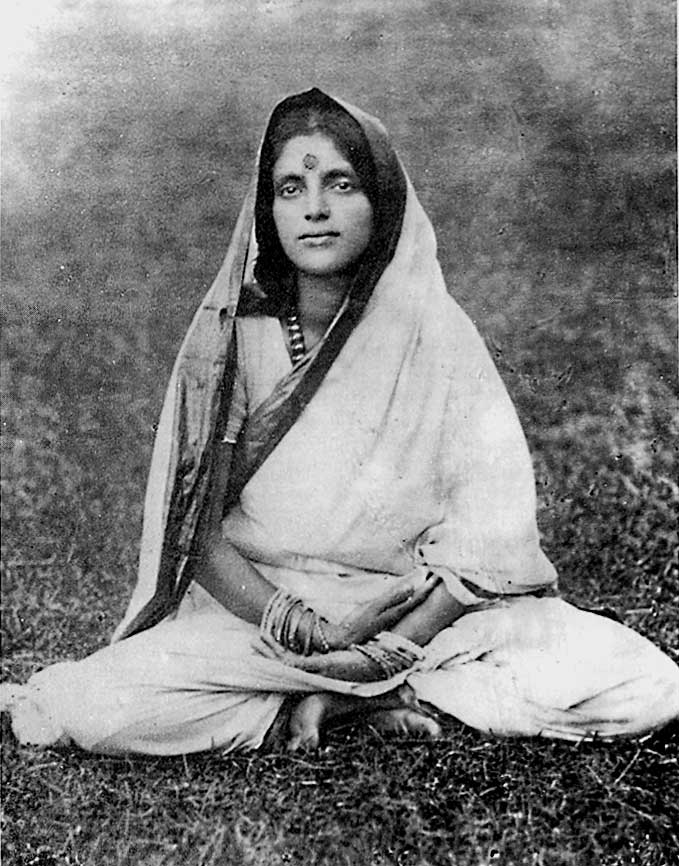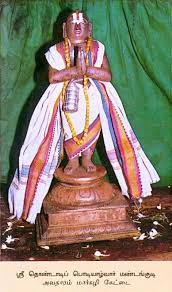Greek Independence Day: Celebrating Heritage, Resilience, and Freedom
Greek Independence Day, celebrated on March 25th each year, holds deep historical and cultural significance for Greece and Greek communities worldwide. This day commemorates the start of the Greek War of Independence in 1821, marking a pivotal moment in Greek history and the struggle for sovereignty against Ottoman rule. In this comprehensive exploration, we delve into the historical context, key events, cultural symbols, modern celebrations, and enduring legacy of Greek Independence Day.
Historical Context:
- Ottoman Rule and Greek Enlightenment: By the late 18th century, Greece had been under Ottoman rule for centuries, leading to social, economic, and cultural challenges for the Greek population. However, this period also witnessed the Greek Enlightenment, characterized by intellectual, cultural, and philosophical advancements that fueled nationalist sentiments and aspirations for self-governance.
- Nationalist Stirrings and Revolutionary Ideas: Influenced by Enlightenment ideals and inspired by other European independence movements, Greek intellectuals, merchants, and clergy began advocating for Greek autonomy and the revival of Greek identity, language, and culture.
- Phanariotes and Filiki Eteria: The Phanariotes, Greek elites in the Ottoman Empire, played key roles in fostering nationalist sentiments. The establishment of secret societies like Filiki Eteria (Society of Friends) aimed to organize and mobilize Greeks for armed resistance against Ottoman rule.
Key Events Leading to Independence:
- Declaration of the Greek Revolution (1821): On March 25, 1821, Bishop Germanos of Patras raised the Greek flag at the Monastery of Agia Lavra and proclaimed the start of the Greek War of Independence. This symbolic act galvanized Greeks across regions to join the struggle for freedom.
- Armed Resistance and Battles: The early phase of the Greek Revolution saw notable battles such as the Siege of Tripolitsa, Battle of Valtetsi, and the naval victories of Greek fleets. Greek revolutionary leaders like Theodoros Kolokotronis, Georgios Karaiskakis, and Laskarina Bouboulina emerged as key figures.
- International Support and Philhellenism: The Greek cause gained sympathy and support from European powers and philhellenic movements, leading to diplomatic interventions, fundraising efforts, and military aid to the Greek revolutionaries. Philhellenes like Lord Byron and François-René de Chateaubriand highlighted the Greek struggle in their writings and actions.
Establishment of Modern Greece:
- London Protocol and Treaty of Constantinople (1832): Diplomatic negotiations and military victories culminated in the London Protocol of 1830, recognizing Greece as an independent sovereign state. The Treaty of Constantinople in 1832 further solidified Greece’s territorial boundaries and established a monarchy.
- Othonian Era and Constitutional Developments: The arrival of Prince Otto of Bavaria as King Otto I marked the beginning of the Othonian era. Efforts were made to modernize Greece’s institutions, economy, and infrastructure, including the adoption of a constitution in 1844.
Cultural Symbols and National Pride:
- Blue and White Flag: The iconic blue and white flag of Greece, with its cross symbol, embodies the nation’s history, faith, and struggle for independence. It serves as a powerful symbol of Greek identity, unity, and resilience.
- Greek Orthodox Church: The Greek Orthodox Church, with its rich religious traditions, has played a significant role in preserving Greek culture, language, and national consciousness throughout history. Religious ceremonies and observances are integral to Greek Independence Day celebrations.
- National Anthem “Hymn to Liberty” (Ymnos Eis Tin Eleftherian): Composed by Dionysios Solomos and set to music by Nikolaos Mantzaros, the “Hymn to Liberty” is Greece’s national anthem, evoking themes of freedom, heroism, and the eternal spirit of the Greek people.
Modern Celebrations and Commemorations:
- Parades and Military Honors: Greek Independence Day is marked by grand parades in major cities like Athens and Thessaloniki, featuring military units, schoolchildren in traditional costumes, marching bands, and cultural performances. Ceremonies honor veterans, heroes of the revolution, and national leaders.
- Religious Services and Festivities: Churches across Greece hold special services, prayers, and processions on Greek Independence Day, emphasizing spiritual unity and national pride. Traditional feasts, music, dance, and folk traditions add to the festive atmosphere.
- Civic Engagement and Education: Schools, universities, and cultural institutions organize educational programs, lectures, exhibitions, and artistic displays highlighting Greece’s history, heritage, and contributions to civilization. The younger generation actively participates in learning about and preserving Greek identity.
Enduring Legacy and Global Influence:
- Democratic Values and National Unity: Greek Independence Day symbolizes the enduring values of democracy, freedom of expression, and national unity. It reinforces the importance of safeguarding democratic institutions, human rights, and cultural diversity.
- Diaspora Communities and Philhellenism: Greek Independence Day resonates beyond Greece, uniting global Greek diaspora communities in commemorations, cultural exchanges, and philanthropic initiatives. Philhellenic sentiments continue to inspire admiration for Greek culture, history, and contributions worldwide.
- European Solidarity and Historical Reflections: Within the context of European history and identity, Greek Independence Day serves as a reminder of shared struggles for sovereignty, independence, and democratic governance. It underscores the significance of historical lessons in fostering peace, cooperation, and mutual respect among nations.
Conclusion:
Greek Independence Day stands as a testament to the courage, sacrifices, and enduring spirit of the Greek people in their quest for freedom and national dignity. Beyond historical narratives, it embodies timeless values of resilience, cultural pride, and democratic aspirations that resonate globally. As Greece and Greek communities worldwide celebrate this historic milestone each year, they reaffirm a legacy of heritage, resilience, and shared humanity, inspiring generations to cherish freedom, uphold democratic ideals, and celebrate diverse cultural legacies.






